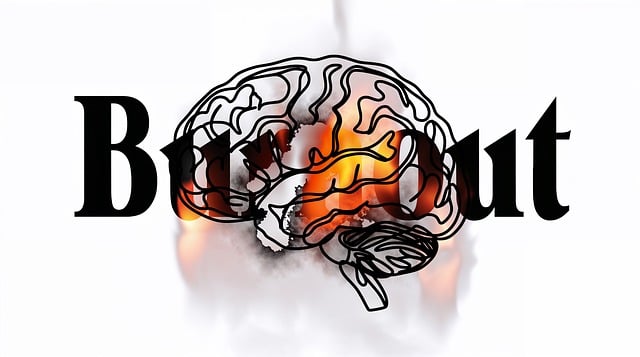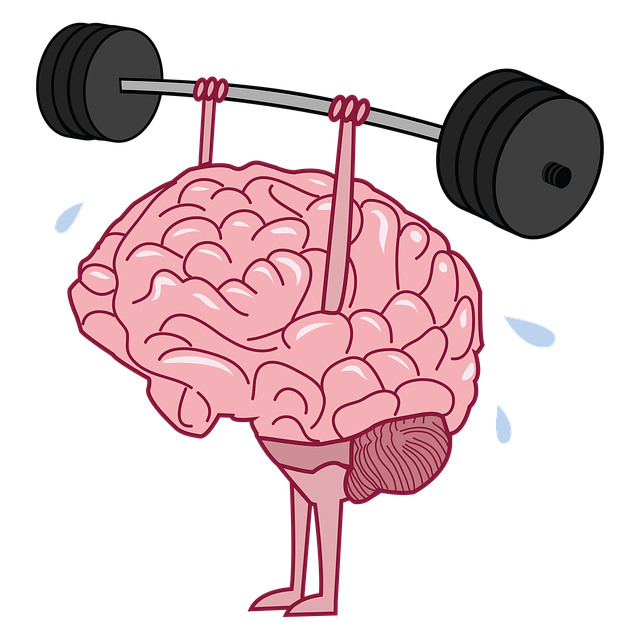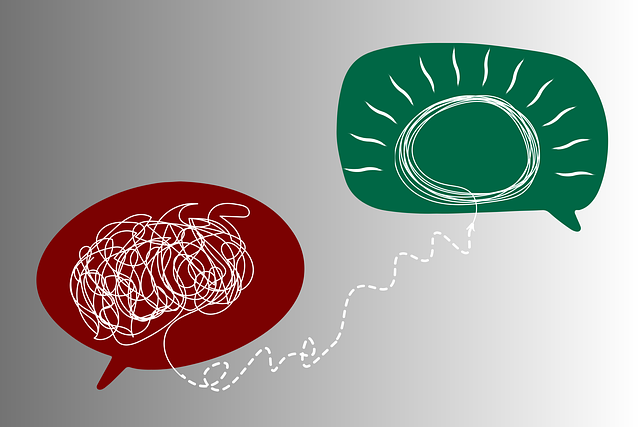Resilience, defined as the ability to adapt and bounce back from adversity, is crucial for mental well-being, especially during challenging life situations. The RFM model by Lakewood Crisis Counseling Therapy (LCC) offers a framework to enhance resilience through three key elements: Resources, Fortitude, and Mastery. LCC provides crisis counseling services that equip individuals with coping strategies, evidence-based techniques, and communication skills to navigate challenges. Their specialized support, including individual counseling, group therapy, and crisis intervention, helps clients develop tools for stress management and emotional healing. Resilience-building exercises, such as Mental Wellness Journaling, foster self-awareness and positive self-talk, while the RFM approach encourages embracing experiences for personal growth. By integrating self-care practices into daily routines, LCC empowers individuals to thrive even in adversity.
Resilience is a vital tool for navigating life’s challenges. This article explores the powerful concept of RFM (Recovery, Flexibility, and Mastery), offering a framework for building mental fortitude. We delve into the significance of crisis counseling as a catalyst for resilience, with a special focus on Lakewood Crisis Counseling Therapy. Additionally, we provide practical insights on designing exercises to enhance resilience and share strategies for implementing RFM techniques for personal growth, all while emphasizing the transformative potential within each individual.
- Understanding RFM: A Framework for Resilience
- The Role of Crisis Counseling in Building Resilience
- Lakewood Crisis Counseling Therapy: An Overview
- Designing Effective Resilience-Building Exercises
- Implementing RFM Strategies for Personal Growth
Understanding RFM: A Framework for Resilience

Resilience is the ability to adapt and bounce back from adversity, making it a crucial component of mental well-being. Understanding this concept is the first step in building resilience, especially for individuals navigating challenging life situations. The RFM model, offered by Lakewood Crisis Counseling Therapy, provides a framework to enhance resilience. RFM stands for Resources, Fortitude, and Mastery, three key elements that contribute to an individual’s ability to cope with crises and stress.
By recognizing and leveraging personal resources, cultivating fortitude through positive thinking and mood management, and gaining mastery over situations, individuals can develop a stronger sense of resilience. Communication strategies also play a vital role in this process, enabling people to express their needs and emotions effectively, which is essential for navigating life’s challenges and fostering healthy relationships.
The Role of Crisis Counseling in Building Resilience

Crisis counseling plays a pivotal role in building resilience by helping individuals navigate and overcome challenging situations. Offered by professionals like those at Lakewood Crisis Counseling Therapy, this form of therapy is designed to provide immediate support and long-term coping strategies during and after traumatic events. Through active listening, empathy, and evidence-based techniques, crisis counselors facilitate emotional healing processes, enabling folks to regain a sense of control and stability.
Incorporating skills for mood management and social skills training, crisis counseling empowers individuals to confront their feelings head-on and interact effectively with others in the aftermath of crises. This holistic approach not only addresses the immediate needs of those affected but also fosters resilience—the ability to adapt and bounce back from adversity—which is crucial for navigating life’s inevitable challenges.
Lakewood Crisis Counseling Therapy: An Overview

Lakewood Crisis Counseling Therapy (LCC) is a specialized service designed to support individuals facing various personal and emotional challenges. It offers a safe and supportive environment where people can process their experiences, whether it’s a recent traumatic event or ongoing stress factors affecting their mental wellness. The therapy focuses on empowering clients with effective stress management techniques and stress reduction methods to build resilience.
LCC provides individual counseling, group therapy sessions, and crisis intervention services tailored to meet diverse needs. Through evidence-based practices, trained therapists assist clients in understanding and managing their emotions, improving coping strategies, and fostering a sense of calm amidst life’s storms. By addressing underlying issues, LCC helps individuals develop the tools needed to navigate difficult situations and enhance their overall mental wellness.
Designing Effective Resilience-Building Exercises

Resilience-building exercises are a vital component of mental health education programs designed to equip individuals with coping mechanisms for stress and adversity. At Lakewood Crisis Counseling Therapy, we understand that fostering emotional well-being involves more than just treating symptoms; it’s about empowering clients with tools to navigate life’s challenges. Therefore, our approach includes a range of creative activities, such as Mental Wellness Journaling Exercise Guidance, tailored to individual needs.
When designing effective exercises, consistency and structure are key. Incorporating regular practices that encourage reflection, problem-solving, and positive self-talk can significantly contribute to Emotional Well-being Promotion Techniques. For instance, journaling prompts that guide individuals through their experiences, emotions, and coping strategies offer a safe space for processing trauma or stressful events. This process not only enhances self-awareness but also strengthens the mind’s ability to bounce back from future setbacks, ultimately building a resilient mindset.
Implementing RFM Strategies for Personal Growth

Implementing RFM (Recovery, Resilience, and Growth) strategies is a transformative journey that can significantly enhance personal growth and well-being. Lakewood Crisis Counseling Therapy recognizes the power of these techniques in fostering resilience, especially during challenging times. By integrating self-care practices into daily routines, individuals can build a strong foundation for navigating life’s uncertainties. The RFM approach encourages people to embrace their experiences, both positive and negative, as opportunities for growth.
Through crisis intervention guidance, individuals learn effective coping mechanisms, allowing them to confront and overcome personal crises with greater ease. Self-care practices such as mindfulness, exercise, and setting boundaries are essential components of this process. These strategies empower individuals to take control of their mental health and overall well-being, ensuring they have the tools necessary to build resilience and thrive even in the face of adversity.
Resilience is a powerful tool for navigating life’s challenges, and the RFM framework offers a comprehensive approach to building this strength. By integrating crisis counseling techniques, such as those provided by Lakewood Crisis Counseling Therapy, individuals can develop effective coping strategies. Designing tailored resilience-building exercises and implementing RFM strategies enables personal growth and enhances one’s ability to withstand and overcome difficult situations. This holistic approach empowers folks to embrace change and create a more indelible, vibrant future.














